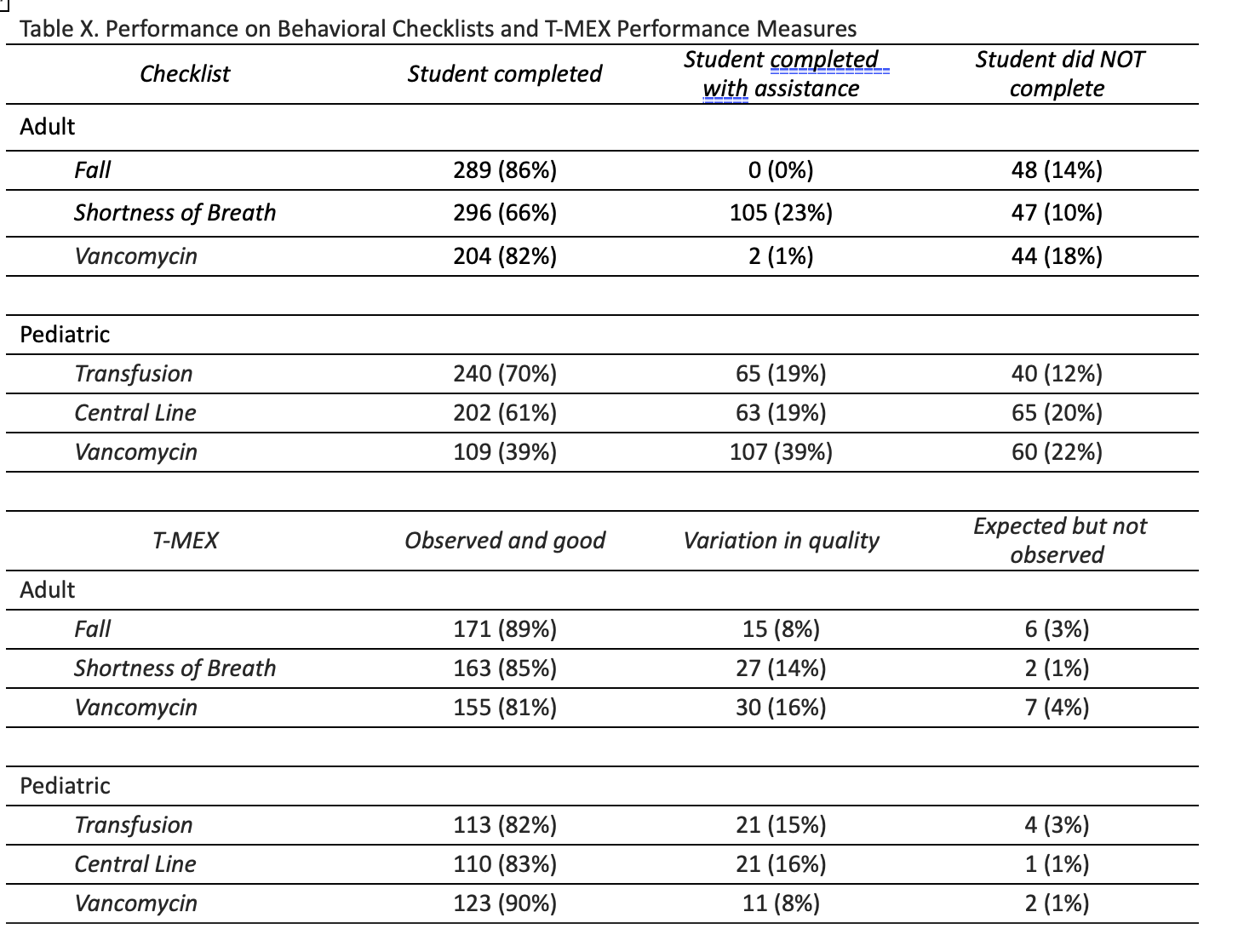Medical Education
Session: Medical Education 4
399 - Transition from Medical Student to Intern: Utilizing Mock Paging to Assess Medical Decision Making and Interprofessional Communication
Saturday, May 4, 2024
3:30 PM - 6:00 PM ET
Poster Number: 399
Publication Number: 399.1555
Publication Number: 399.1555

Loan Nguyen, MD, MEd
Assistant Professor
Baylor College of Medicine
Baylor College of Medicine
Houston, Texas, United States
Presenting Author(s)
Background: Effective communication and professional interactions are crucial for providing quality patient care. However, program directors have identified deficiencies in professionalism and communication among interns (1). Mock paging, a simulation-based learning activity, has been integrated into undergraduate medical education programs, resulting in increased student confidence (2,3).
Objective: To enhance learners' self-efficacy for future residency pages, we designed a mock paging activity and assessment tools focusing on interprofessional communication and knowledge around paging. This study has a novel inclusion of other healthcare professionals in addition to nurses.
Design/Methods: We enlisted 55 internal medicine or pediatrics residency-bound fourth-year medical students from Baylor College of Medicine Transition to Residency Course.
Participants underwent an orientation and then received calls from nurses and pharmacists who acted as "callers" and used scripts. The students received three calls, each presenting a unique medical scenario. The pediatric cases included sepsis, vancomycin, and transfusion, while adult cases involved a fall, vancomycin, and respiratory distress.
Assessment tools included an 11-15 item checklist evaluating communication and diagnosis/management and the Teamwork Mini-Clinical Evaluation Exercise (T-MEX) (4). These measures were analyzed based on response count.
Pre- and post-session surveys assessed self-efficacy in task prioritization and interprofessional communication. Paired samples t-tests were used to determine changes in self-efficacy beliefs.
Results: Out of the 55 students, 21 provided survey responses (38.2%). Combined mean self-efficacy scores from pre (M=3.52, SD=0.45) to post (M=4.17, SD=0.47) in adult and pediatric groups were significantly higher, t(20)=6.37,p < .001,g = 1.34.
Checklist: In the three adult cases, most ratings were “student completed” (66%-86%). The adult shortness of breath case had the most “student completed with assistance” (23%). There was variance in the number of “student completed” ratings across the three pediatrics cases (transfusion: 70%, sepsis: 61%, vancomycin: 39%).
T-MEX ratings indicated that "observed and good" scores were most frequent across cases (81%-90%), with variation observed in the adult vancomycin and pediatric sepsis cases (16%).
Conclusion(s): Participants showed significantly higher self-efficacy in handling pages during residency. The adult group had higher number of “student completed” ratings in checklist items that assessed knowledge and skill around procedure of paging compared to the pediatrics group.

